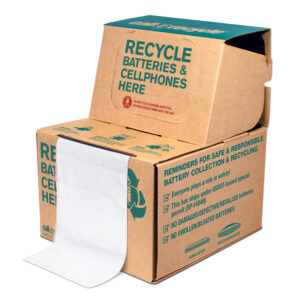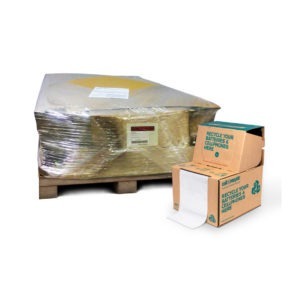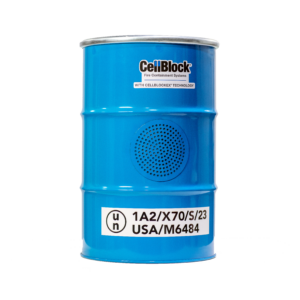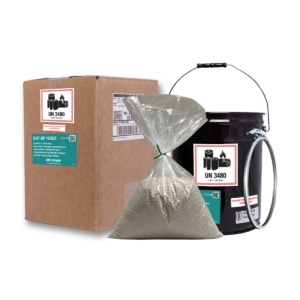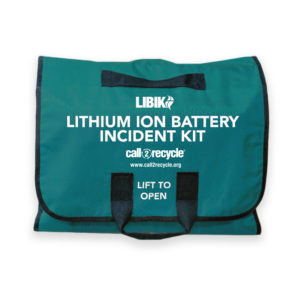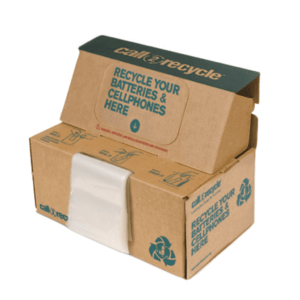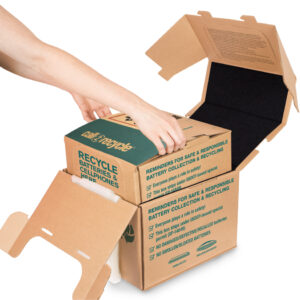Battery Recycling Safety
Why do I have to bag or tape every battery?
The simple answer is so that your battery shipments comply with U.S. DOT safety regulations which require that the terminals of select battery types are protected from making contact with each other when in transit from your location to the sorting facility. Because battery types are often hard to distinguish, we recommend bagging or taping all batteries. Taping and bagging prevent the batteries from igniting or combusting, which can result in fires, personal injury and other damage.
If I miss protecting some of the batteries, what are the potential consequences?
Our #1 safety goal is to prevent battery terminals from touching and possibly sparking before they are shipped or while they are in transit. We encourage you to bag every battery. Consequences include fires, physical injuries to people before and during the transportation process and damage to the shipper/sorter facilities. Companies that don’t properly protect their batteries may also face fines from the US DOT and suspension and/or expulsion from the Call2Recycle program.
Why can’t I return a box via air from Alaska/Hawaii/Puerto Rico?
The U.S. DOT places very stringent restrictions on the shipment of certain batteries by air due to safety considerations. Our program prohibits air shipments. If you are located in Alaska/Hawaii/Puerto Rico, you can transport the batteries by truck, rail and boat. Once the batteries reach stateside, Call2Recycle can coordinate the transportation. Please call Customer Service to coordinate these shipments.
Can I use paper, other boxes, towels or other materials to protect the terminals?
Because paper-based products are flammable and can act as kindling, they are not an approved method of insulation. Please use the bags provided (or tape), place the batteries in permitted containers and avoid using paper or other materials to protect your terminals.
Does every battery need a bag?
Although it’s not legally required to tape or bag every battery, it can be hard to distinguish which battery chemistries requires protection. We encourage you to bag or tape all your batteries to prevent sparking, which can result in fires. Check out our U.S. Box Shipping Quick Reference for more information.
What do we do if we have a swollen, damaged or recalled (DDR) battery?
Contact Customer Service at 877.723.1297 who will review with you whether the battery requires special handling. DDR batteries must be shipped in packaging that complies with U.S. DOT requirements for the transportation of damaged, defective or recalled batteries.
